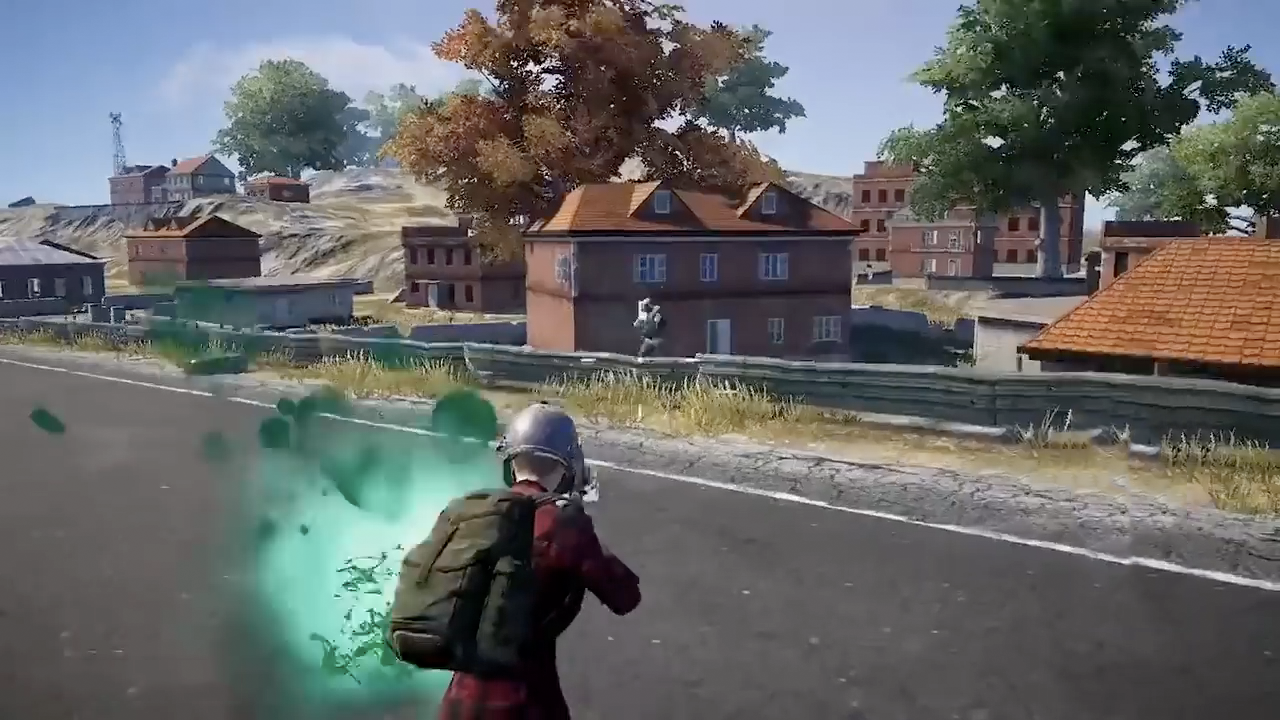
China doesn’t want dead bodies or green blood in games
New government guidelines tighten the screws on getting new games approved
But now, even these changes may not be enough.
Dead bodies or pools of blood can no longer appear in games at all. Green blood included.

That would present a unique challenge for publishers of shooting games. Right now when you gun down a character in China’s version of PUBG, a puff of green smoke bursts out. When you run around the Chinese version of CS:GO, you’ll see dead bodies lying on top of splatters of black blood, which have been compared to crude oil.
PUBG, the battle royale pioneer
Some gamers imagine that the new rules mean any person that’s been shot in a game will now simply vanish into thin air without a trace.
Green and black blood on Chinese games have long been a subject of ridicule on social media.
For more insights into China tech, sign up for our tech newsletters, subscribe to our Inside China Tech podcast, and download the comprehensive 2019 China Internet Report. Also roam China Tech City, an award-winning interactive digital map at our sister site Abacus.

